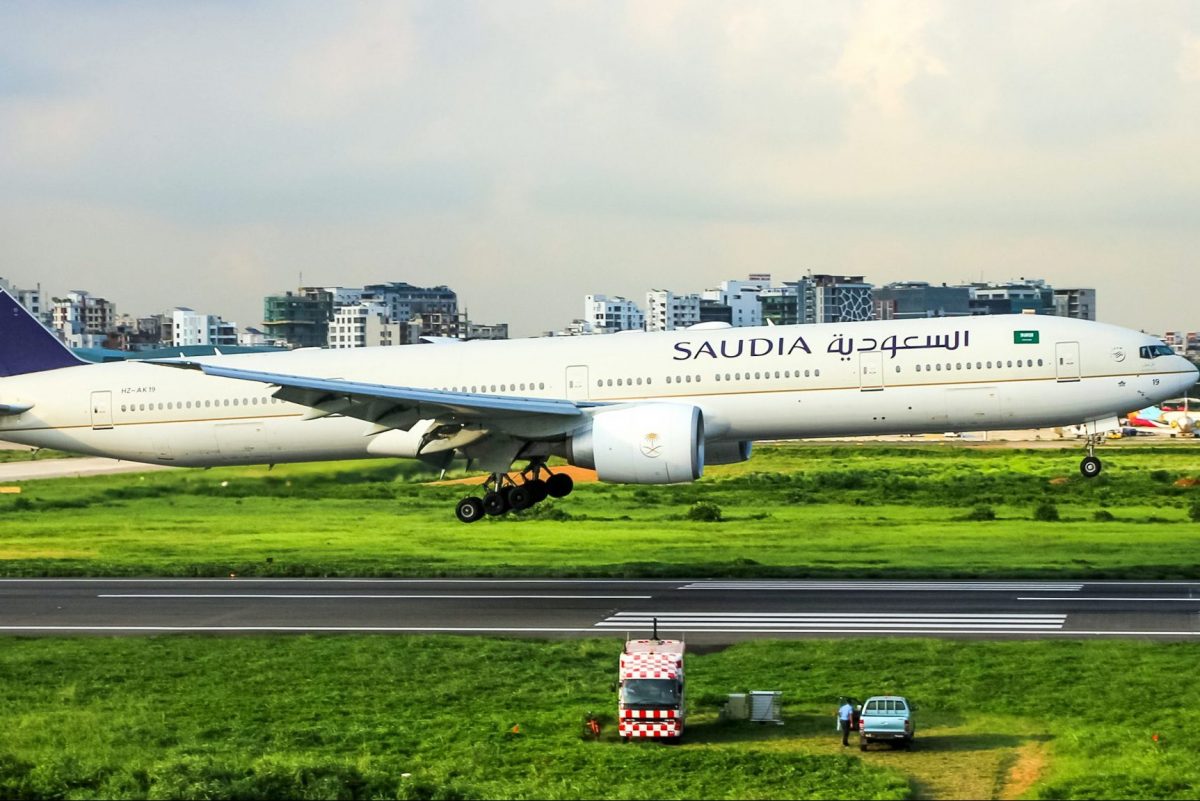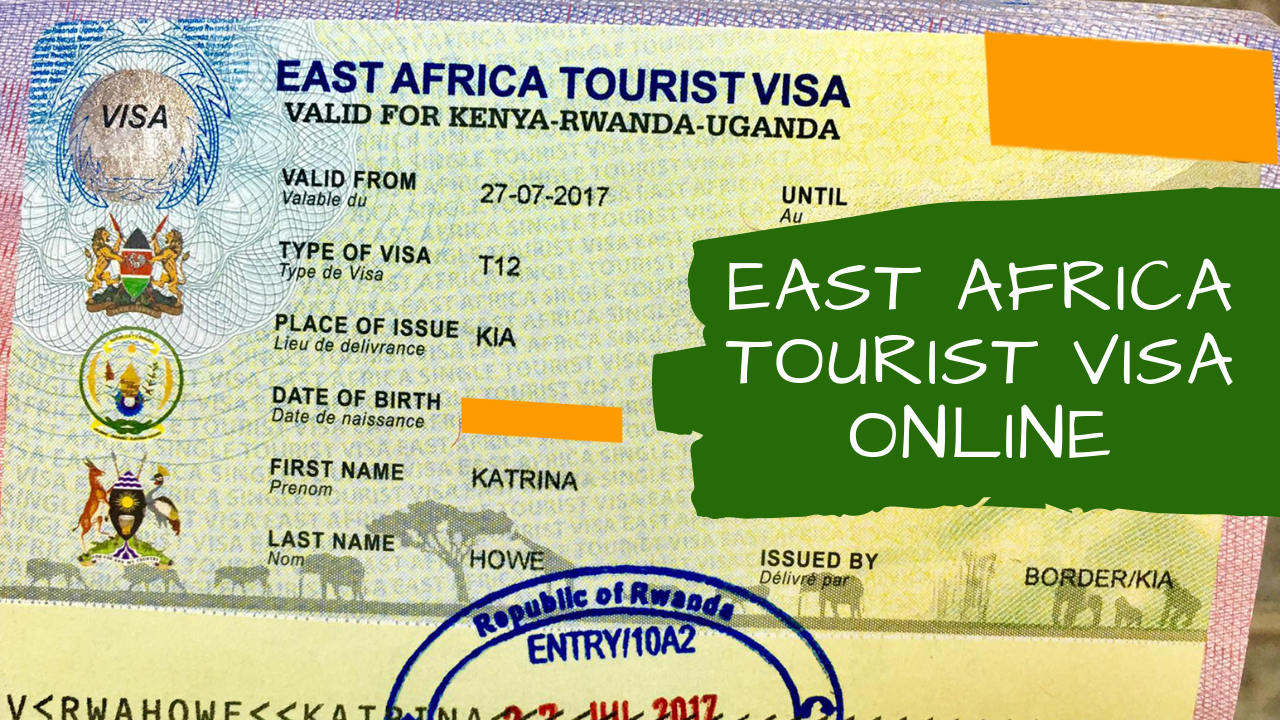As “record aircraft deliveries” make headlines in the Middle East and India market, the current supply chain constraints leave us wondering if the aircraft makers would be able to keep pace with the demand.
Despite a sluggish international travel market, the pace of recovery in the Middle East aviation market accelerated throughout 2022 and is expected to take off over the next 10 years with the region’s share of the global fleet set to expand. In its “Global Fleet and MRO Market Forecast 2023-2033,” global management consulting firm Oliver Wyman noted that the Middle East remains among the fastest-growing aviation markets in the world, with the regional fleet set to expand 5.1 percent annually over the next decade. The report further noted that the Middle East’s share of global fleet will grow over the decade from 4.9 percent in 2023 to 6 percent in 2033. Meanwhile, the global fleet is projected to expand one-third by 2033, to well over 36,000 aircraft, with Oliver Wyman also anticipating a record number of aircraft deliveries over the next 10 years (despite current supply chain constraints). The Middle East fleet’s growth over the next decade will primarily be driven by the addition of narrow bodies. Historically, the Middle Eastern fleet has been primarily made up of widebodies. But moving forward, the report observed that narrow bodies will increase to 48 percent of the fleet from 39 percent, while wide bodies will decline to 48 percent from 56 percent.
Highlighting key travel trends to Saudi Arabia for the month coinciding with Ramadan, global travel marketplace Skyscanner noted that travellers from across the Gulf, UK, Egypt and Germany are amongst the most popular making their way to the kingdom during this time. With over 70 percent of travelers looking for trips between one and two-week long, Jeddah is the airport of choice, accounting for 75 percent of bookings. “As restrictions ease and capacity increases, we are seeing travel demand return to pre-pandemic levels, if not higher,” said Ayoub El Mamoun, Skyscanner travel expert. “Travel remains a key priority, with many travellers across the Gulf, such as the United Arab Emirates and Saudi, planning the same or more trips in 2023 than they did the year previously.”
Oman welcomed 2.9 million tourists in 2022, a 348 percent increase compared to 2021. The number of tourism projects and hotel establishments also increased relatively. This information was announced by Ibrahim Said Al Kharousi, undersecretary of the ministry of heritage and tourism in Oman. Al Kharosi was speaking at the Global Travel Week Middle East hosted by Oman. Around 200 luxury tourism specialists had participated at the event that sought to introduce tourism hotspots, exchange tourism experiences and reaffirm commitment to support and develop travel and tourism in the region. With the prime aim of showcasing Oman’s tourism potential, Global Travel Week sought ways to establish long-term relations between international markets and Gulf destinations, said Al Kharousi.
Dubai’s Department of Economy and Tourism has announced the relaunch of the Carbon Calculator tool that measures the carbon footprint within Dubai’s hospitality sector. The tool has now been revamped to track real-time data for carbon emission sources, allowing hotels to identify and effectively manage their energy consumption. The improvements are part of the Dubai Sustainable Tourism (DST) initiative that seeks to contribute to the broader clean energy targets and support the United Arab Emirates’ Net Zero by 2050 Strategy, in line with the United Nations Sustainable Development Goals (UNSDGs) 2030. The initiative also supports the goals of the Dubai Economic Agenda D33, to consolidate Dubai’s status as one of the top three global cities and enhance its position as one of the world’s leading sustainable tourism destinations. Since its inception in January 2017, Dubai Sustainable Tourism’s Carbon Calculator, part of the Tourism Dirham Platform, has been measuring the carbon footprint of hotels across Dubai.
Travel marketing platform Sojern shared its latest data highlighting that the Middle East continues to build on its strong travel momentum even in 2023. With relatively quick bouncebacks from Covid-19 in the United Arab Emirates, and Saudi Arabia seeking to secure its place on the tourist map with an ambitious visitor push, Sojern said the strong travel intent to the region would continue well into 2023. As of February, Sojern sees that 2023 flight searches are up year-on-year globally. With last year’s FIFA World Cup boosting travel recovery in the region, Sojern looks at the current state of play for travel now that the tournament dust has settled. The travel marketing platform noted that Qatar continues to ride the World Cup wave with particularly strong interest from Latin America. Lodging demand from regional Middle East travellers is also up 123 percent. Sojern also noted that over 75 percent of U.S. travellers are staying in the region for more than eight days. Compared to other long-haul destinations in Asia they are more willing to stay for over one week making them high-value travellers for Middle Eastern destinations.
Knowland, the provider of data-as-a-service insights on meetings and events for hospitality, announced its expansion in the Middle East to include Doha. Knowland’s extension into the Middle East will continue throughout 2023 to accommodate the demand and competition facing new hoteliers. Calling Middle East one of the fastest-growing hospitality markets in the world, Knowland said this has created several challenges including steep competition as well as the necessity to train sales teams who may have never worked in the hospitality industry. “The world’s largest active pipeline of new hotels is in the Middle East, so as we continue to build on the exciting growth in Qatar, we are also focused on expanding our reach throughout the increasingly popular region for local and global meetings and events,” Jeff Bzdawka, CEO of Knowland said. The company plans to open additional Middle East markets this year.
Hyatt shared that 45 percent of the properties that joined Hyatt’s system in 2022 were based in Europe, Middle East and Africa market and the region’s contribution to the Hyatt growth journey continues into 2023 through a strong pipeline with ten percent of Hyatt’s 117,000 rooms record pipeline, as of fourth quarter earnings, expected to join the portfolio in the region. Properties classified as lifestyle hotels make up nearly one fourth of the Europe, Middle East and Africa market pipeline, expanding the portfolio to more sought-after leisure destinations and strengthening the World of Hyatt value proposition. Notable drivers for the expected regional growth include several large-scale leisure portfolio integrations, adding a substantial number of rooms to the World of Hyatt program and the hyatt.com booking flow as well as organic growth for the Park Hyatt, Grand Hyatt, Hyatt Regency and The Unbound Collection by Hyatt brands slated for 2023 and the years ahead.
Members of the Bureau International des Expositions (BIE) enquiry mission are in Riyadh for their 6-day evaluation process of the Riyadh Candidacy for World Expo 2030. Saudi Arabia announced its bid to host World Expo 2030 in Riyadh in October 2021 and, since then, senior Saudi government officials have made three presentations to the BIE General Assembly. The year 2023 will see key milestones for Riyadh Expo 2030 with the current enquiry mission visit, a presentation to the General Assembly in June and the final vote by the General Assembly in November 2023. Members of the enquiry mission will engage with ministers, members of government and subject matter experts, to evaluate the details of the Riyadh Expo 2030 bid. “Its theme outlines a vision to create a unique and collaborative platform for global problem-solving with an enduring legacy, led by foresight and geared towards delivering impact at a global scale,” a release stated.
Qatar Airways launched a new brand campaign in collaboration with Indian actor, Deepika Padukone. The campaign launch is the culmination of the airline’s endeavor to redefine Qatar Airways premium experience, particularly through showcasing the Q-Suite, the airline said in a statement. Calling Padukone an obvious choice, Qatar Airways Group Chief Executive, Akbar Al Baker, said, “She has the right global appeal and charisma for our brand.” Qatar Airways currently flies to more than 150 destinations worldwide, connecting through its Doha hub, Hamad International Airport.
Hotel management company Shaza Hotels has entered into a brand-wide agreement with WebBeds, a global marketplace for travel brands. Based on the agreement, WebBeds will undertake brand wide pricing and distribution globally for all Shaza and Mysk Hotels through their distribution networks, connecting travel agents and trave trade suppliers. This partnership will strengthen Shaza Hotels’ distribution network and expand its reach in the global travel market, the company said in a statement. Shaza Hotels also announced its ambitious expansion plans in the region, which includes the opening of properties in Dubai, Jeddah, Madinah, Sharjah and Muscat. The group said that it is also aiming to develop its Shaza and Mysk portfolio outside the Gulf region, to U.S., Turkey, Egypt and Levant.
Leading luxury hospitality company Four Seasons Hotels and Resorts announced plans to introduce a Four Seasons Resort as part of The Red Sea masterplan development in Saudi Arabia. Touted to be one of the region’s foremost luxury beachside destinations, The Red Sea will comprise idyllic natural islands and lagoons across 124 miles of coastline along the western coast of Saudi Arabia, between the cities of Umluj and Al Wajh. The new Four Seasons Resort will be located on Shura Island. “As we continue to expand Four Seasons presence in the region, our new project in the Red Sea will be one of our first resorts in Saudi Arabia,” said Bart Carnahan, president, global business development and portfolio management. The new Four Seasons Resort, designed by Foster + Partners, will offer approximately 149 rooms and suites.
Emirates and Philippine Airlines have signed an interline agreement to boost connectivity for passengers of both air carriers to new points on each other’s networks via Manila and Dubai, using a single ticket and one baggage policy. The partnership provides Emirates’ passengers access to 19 Philippine domestic destinations operated by Philippine Airlines, including Cebu, Cagayan de Oro, Bacolod, Cotabato, Davao, Iloilo, Kalibo and more, as well as two Asian regional points via Manila. Passenger of Philippine Airlines will also benefit from access to Emirates’ global network beyond Dubai. The partnership will help open new links for trade and tourism that will drive more inbound traffic into the market, and expand Emirates’ footprint in East Asia, said Adnan Kazim, Emirates’ Chief Commercial Officer, as he called The Philippines one of the strongest consumer markets for the airline.
Source: Skift










